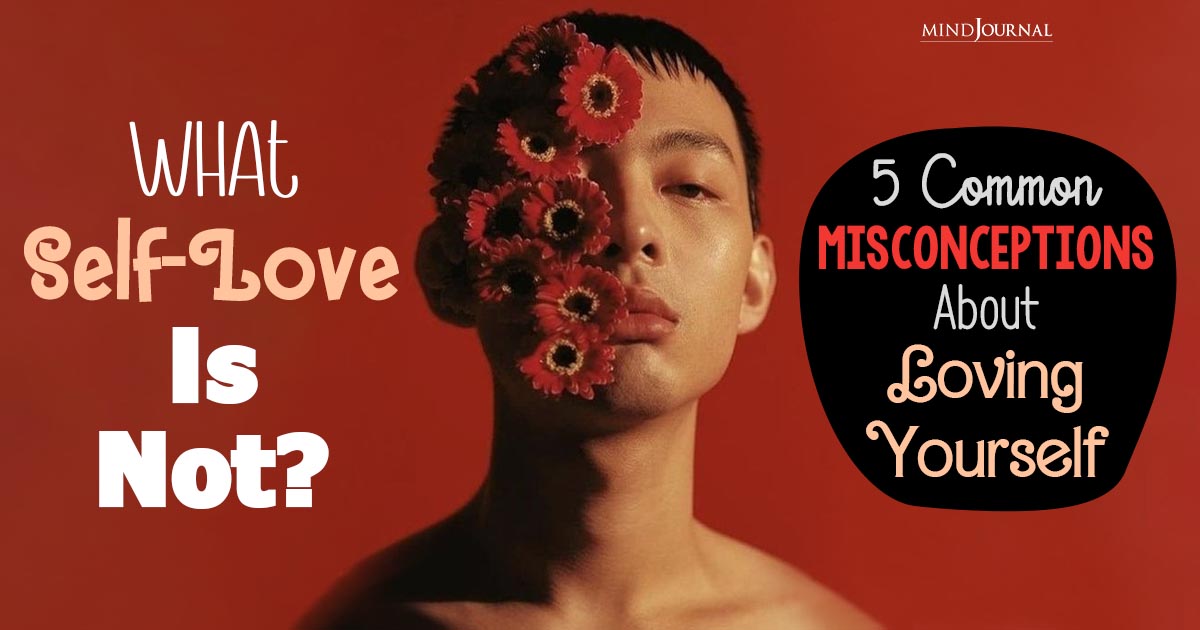5 lessons from the happiest countries in the world might just change your life for the better! Read on to find out how!
Happiness, a state of contentment and joy, is a fundamental aspiration shared by individuals across cultures and societies. It is a subjective experience that encompasses emotional well-being, life satisfaction, and a sense of fulfillment.
Happiness goes beyond fleeting moments of pleasure; it reflects a deeper sense of purpose and meaning in life.
While the factors contributing to happiness may vary from person to person, common elements often include strong relationships, a sense of belonging, good physical and mental health, fulfilling work, and a positive outlook.
Happiness is not solely dependent on external circumstances but is also influenced by our internal mindset and ability to appreciate the present moment.
It is a journey, requiring self-reflection, personal growth, and the cultivation of positive habits and attitudes.
Ultimately, happiness is a precious and elusive treasure that can be found within ourselves and in the connections we forge with others, reminding us of the importance of embracing gratitude, resilience, and the pursuit of well-being.
In an ever-changing and fast-paced world, the pursuit of happiness has become a universal desire. While the definition of happiness may vary from person to person, several countries consistently rank high in global happiness reports.
These nations offer valuable lessons on living better and cultivating well-being. So, what are the secrets of the happiest countries? Let’s dive in!
Read Humor As Therapy: 35+ Funny AF Mental Health Memes To Boost Your Mood
Lessons From the Happiest Countries in the World: 5 Lessons On Living Better
Here are five lessons we can learn from the happiest countries in the world.

1. Emphasizing Work-Life Balance:
Finland is the World’s happiest country. What is Finland’s secret to happiness?
Countries like Finland and Denmark prioritize work-life balance, valuing leisure time and family. They understand that a healthy balance between work and personal life contributes to overall well-being.
By promoting flexible work arrangements, providing generous parental leave, and fostering a culture of relaxation, these countries encourage individuals to find harmony in their lives.
2. Prioritizing Social Connections:

Strong social connections are key to happiness, as demonstrated by countries such as Iceland and Switzerland. These nations place great importance on fostering community bonds, encouraging social interactions, and promoting a sense of belonging.
By investing in social infrastructure, organizing community events, and fostering inclusivity, they cultivate an environment where individuals feel connected and supported.
3. Investing in Education and Health:

The happiest countries, such as Norway and Netherlands, understand the crucial role of education and healthcare in overall well-being.
They prioritize quality education systems that promote lifelong learning, providing equal opportunities for personal growth and development.
Additionally, they prioritize accessible and affordable healthcare, ensuring their citizens’ physical and mental well-being.
Read Food For Mental Health: 10 Foods That Can Help Boost Your Mood And Reduce Stress
4. Nurturing Nature and Sustainability:
Countries like Sweden have long recognized the importance of environmental preservation and sustainability.
They promote eco-conscious lifestyles, invest in renewable energy sources, and prioritize conservation efforts.
By valuing nature and implementing sustainable practices, these countries create environments that are not only aesthetically pleasing but also conducive to well-being.
5. Cultivating a Culture of Trust and Equality:

Trust and equality form the foundation of happiness in countries like New Zealand. These nations prioritize fairness, transparency, and equal opportunities for all citizens.
By promoting social justice, gender equality, and inclusivity, they create societies where individuals feel safe, valued, and empowered, leading to higher levels of happiness.
Read Exhausted! 10 Signs You Are Tired Of Life (And How To Cope With It)
Happiness Is Not A Destination, But A Way Of Life
Those were the 5 lessons from the happiest countries in the world. These countries provide valuable lessons on living better and enhancing overall well-being.
By prioritizing work-life balance, social connections, education, health, sustainability, trust, and equality, these nations have created environments that foster happiness and contentment.
While each country’s approach may differ, the underlying principles can be applied in our own lives to cultivate a greater sense of happiness and fulfillment.
By embracing these lessons, we can move closer to living a more balanced, connected, and meaningful life.
So, that was all about the secrets of the happiest countries and lessons on living better. Do let us know your views by commenting down below. Don’t forget to spread happiness by sharing this article with others.

Frequently Asked Questions
What makes a country happiest in the world?
According to the most recent World Happiness Report, a nation’s happiness is influenced by six key factors: GDP per capita, social support, healthy life expectancy, freedom to make life choices, generosity, and freedom from corruption.
Why are the Finnish so happy?
The reasons behind Finns’ higher happiness levels compared to others can be attributed to several factors, such as reduced income inequality (particularly the gap between the highest and lowest earners), strong social support, freedom to make choices, and minimal levels of corruption.
Who are the happiest people?
According to the World Happiness Report, Finland has maintained its position as the happiest country in the world for the sixth consecutive year.










Leave a Reply